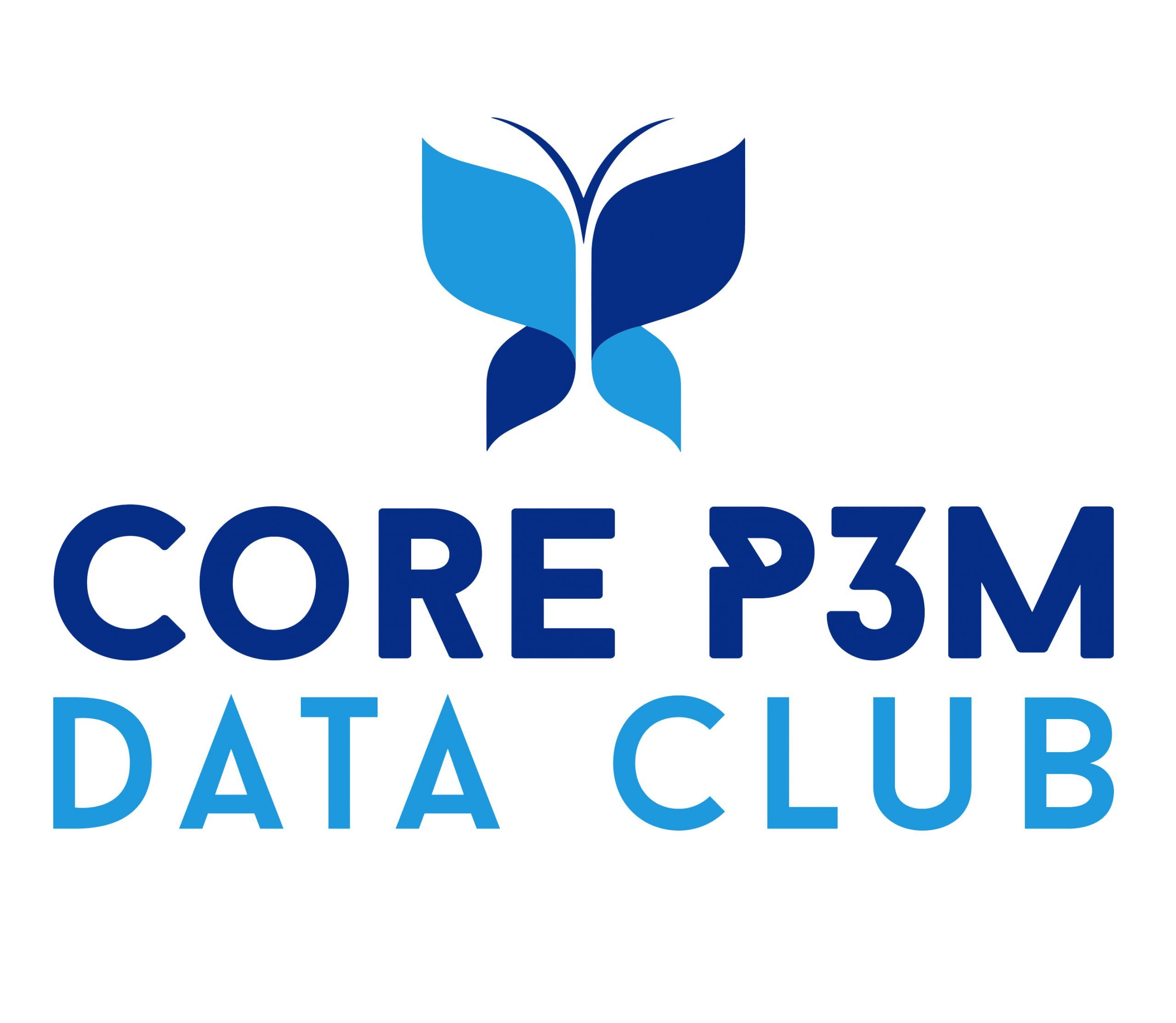The Management Team Node represents a functional team or department within a business which carries out a business as usual function. It has a business plan responding to Objectives and Targets with finite (e.g. customer projects, internal projects, product) and continuous workstreams (e.g. services, background initiatives, dev ops) using a budget/resource allocation with which to deliver. Results are expected and measured using Key Performance Indicators.
Aside from operational responsibilities, Management Teams provide support for cross functional entities such as portfolios, programmes, projects and products. Their involvement is at many levels including sponsorship, management, delivery/change/benefit realisation resources, output/outcome/benefit delivery. Involvement with cross functional entities can be day to day, but also periodically to review performance, support forecasting, decide allocations, resolve risks/issues, manage priorities and enable escalations.
The Management Team Agenda provides two areas to enable a Management Team to work more effectively with cross functional entities:
Resource Management – to review and decide allocations (past, current and future) to enable the Management Team to service competing needs (services product, projects, programmes), deal with escalations from existing commitments, and escalate requirements where necessary. Where has resource been consumed, where is it needed now, and what will be the needs coming up – and how do priorities drive allocations?
Benefit Management – to review the progress and forecast out of initiatives and products to enable Objective and Target accomplishment throughout the business. Are our teams delivering their part, is the change happening, are benefits accruing, do the KPIs reflect that?
It is assumed that other aspects to the Management Team governance cover quality, service, delivery, project, programme and product management.
Each area will have elements of Progress and Status, Prediction and consist of a review of Enablers (e.g. Process/data assurance – to confirm the management information is reliable, Local Portfolio Costs (are there any unexpected operational costs to accommodate), Communications/Escalations (which matters have arisen that need escalation with which area?)
Depending on the size of the Management Teams, there may be sub reviews. Each agenda is broken down into sections, wherein topics are listed, described and purpose and content definitions. Outputs are primarily risk/issue updates, actions (for example escalation to Main Board, Portfolio, Product or Finance Groups) and decisions.
Further information is available within the Core P3M Data Club including example management information examples to support the Management Team agendas. Further work is expected to share implementation stories, capture further MI examples, and develop agenda for specific Change and Product Portfolio management application.
Link to content here:

Management Teams ‘Governance Node’
